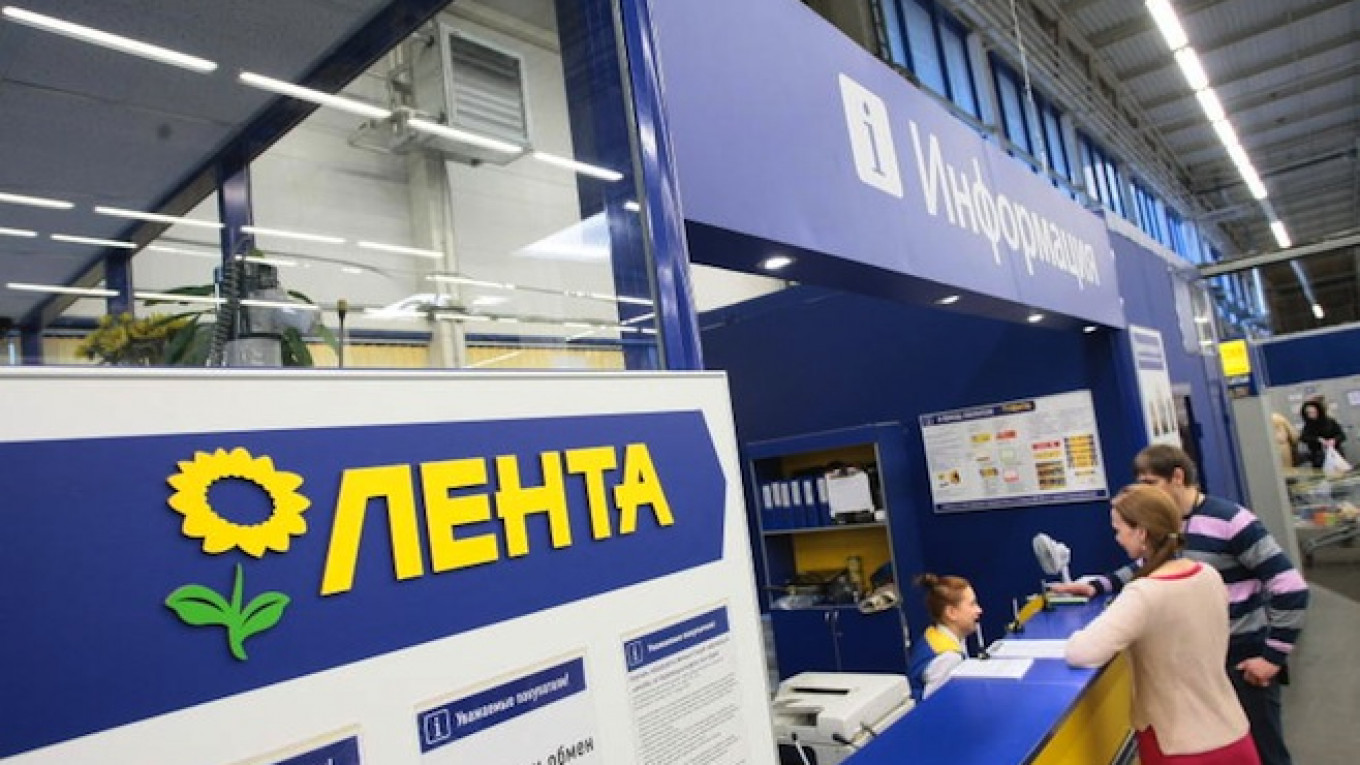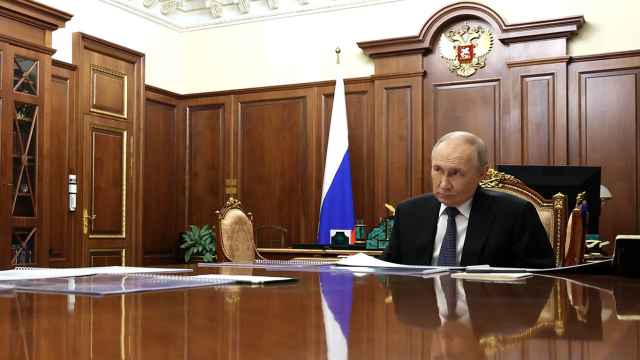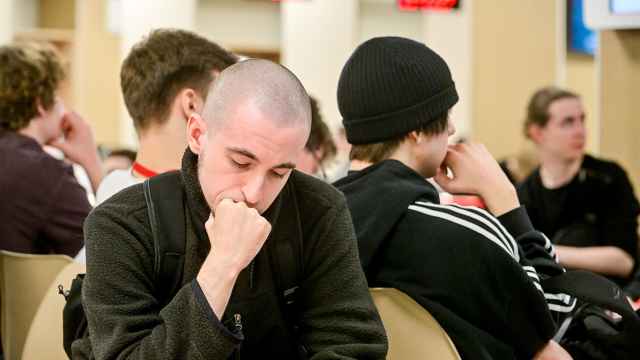Russian food retailer Lenta is confident its price policies will help it weather a weaker economy, brought lower by the Ukraine crisis, as it predicted faster sales growth for 2014 and confirmed expansion plans.
By offering consumers loyalty cards and targeted promotions, Lenta said it had successfully navigated a second quarter when the economy stagnated and capital outflows highlighted its poor prospects following sanctions on Moscow over Ukraine.
"We were very successful in the second quarter in helping our customers survive this economic crisis. We have not seen any trading down, we have seen a very slight trading upwards," Lenta CEO Jan Dunning said.
Lenta expects full-year 2014 sales to grow by 34-38 percent, it said in a statement on Tuesday, compared with a rise of 31 percent last year.
Second-quarter sales rose 39 percent, year-on-year, to 46.3 billion rubles ($1.35 billion) as it opened more stores and the older ones performed strongly with like-for-like sales growth accelerating to 14.1 percent from 13.6 percent in the first quarter.
"If this economic downturn continues and people feel that they really have less to spend and we will see it in the customer data … we are ready for this. If that happens, Lenta is quite well positioned," said Dunning.
"We saw in June that competition with regards to promotional activities is growing. We feel that we are able to counter those promotions by good offers for our customers," he added.
He said the company's expansion plans were unhurt by the economic slowdown. Lenta plans to open 24 hypermarkets and 15 supermarkets this year, which it predicts will translate into an increase of at least 30 percent in total net selling space.
It still aims to double its net selling space in the next three years.
Lenta raised around $1 billion for shareholders including U.S. private equity firm TPG and VTB in a London share sale in February and its stock is currently trading 36 percent higher than the offer price.
The company is a rare example of a retailer predicting accelerating growth against the backdrop of a weakening economy. Russia's biggest food retailer Magnit had said it expected the pace of growth to slow to 22-24 percent in 2014 from last year's 29 percent.
A Message from The Moscow Times:
Dear readers,
We are facing unprecedented challenges. Russia's Prosecutor General's Office has designated The Moscow Times as an "undesirable" organization, criminalizing our work and putting our staff at risk of prosecution. This follows our earlier unjust labeling as a "foreign agent."
These actions are direct attempts to silence independent journalism in Russia. The authorities claim our work "discredits the decisions of the Russian leadership." We see things differently: we strive to provide accurate, unbiased reporting on Russia.
We, the journalists of The Moscow Times, refuse to be silenced. But to continue our work, we need your help.
Your support, no matter how small, makes a world of difference. If you can, please support us monthly starting from just $2. It's quick to set up, and every contribution makes a significant impact.
By supporting The Moscow Times, you're defending open, independent journalism in the face of repression. Thank you for standing with us.
Remind me later.






